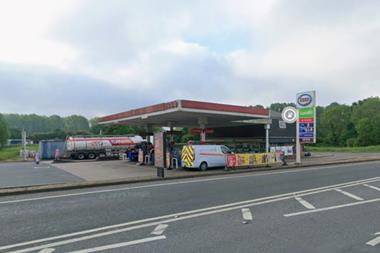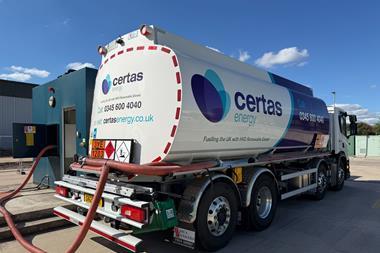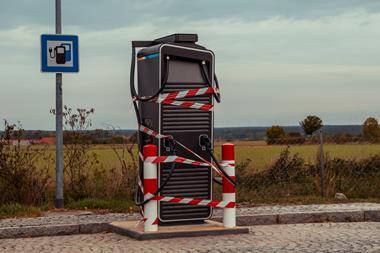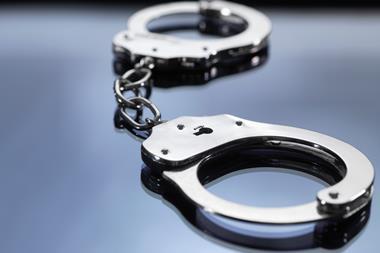Clear government guidance for businesses on what they should and shouldn’t do during this snowy and icy period is to be welcomed, the health and safety advisor and employment law specialist Bibby Consulting & Support has said.
"One of the biggest misconceptions companies have is that if they attempt to clear paths on their premises and someone falls they are responsible and liable to an injury claim," said the company’s managing director Michael Slade.
"The fact is, anyone can clear snow and ice to prevent slips and falls without fear of incurring demands for compensation, but they do need to follow certain procedures and have cleared the area carefully.
"I’m pleased to see that the Directgov website is now giving this guidance to the wider business community, which is something we have told clients for many years."
Tips to ensure maximum health and safety as temperatures drop include clearing snow and ice early in the day to prevent it packing together; putting salt or sand down before nightfall to stop it refreezing overnight; paying extra attention to steps and steep pathways; and not shovelling the snow into places that could cause inconvenience.
Also, hot water should never be used to clear a path because if it freezes and turns to invisible and slippery black ice, this will increase the risk of injuries.
"Frustratingly, health and safety issues are increasingly being blurred by myths, so any guidance that clears up the confusion is to be welcomed," said Slade. "Essentially, companies must always make every effort to ensure that their employees operate in a safe environment. Likewise, the health and safety of customers or anyone visiting a business’s premises should be paramount at all times."
Senior managers or company directors who need specialist advice on what their obligations are during this cold snap can contact Bibby Consulting & Support’s 24 hour help line on 08453 100 600; or visit the Directgov website: http://www.direct.gov.uk/en/Nl1/Newsroom/DG_191868

































No comments yet